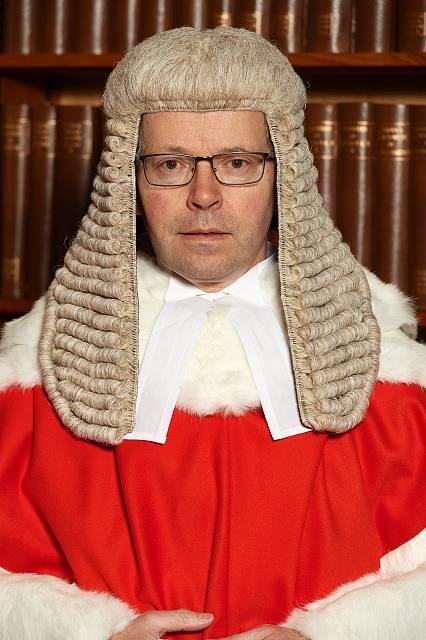The former chief executive of AA has lost his claim against the firm of solicitors he hired to sue his previous employer. Bob Mackenzie instructed City firm Rosenblatt to bring claims against the AA after he was sacked by the company in 2017 for gross misconduct following a fight at a company away day.
The AA said he could resign on grounds of ill-health, but would leave with nothing in terms of compensation or references, which Mackenzie refused. The company dismissed him. As a result he was ‘vulnerable’ to losing bonuses under a management value participation scheme.
Eventually, Mackenzie replaced Rosenblatt with another firm and a month later ended his conspiracy claim against AA. Mackenzie then sued Rosenblatt for breach of duty and negligence. Rosenblatt denied all allegations.
In a 72-page judgment, Mr Justice Fancourt found that Rosenblatt was not in breach of duty on the majority of the 13 allegations.
The judge did not find that Rosenblatt had advised Mackenzie he had a strong claim and that he did not advise that the conspiracy claim was weak or would fail. Although Fancourt found Rosenblatt was in breach of duty and negligent in some of the allegations, none of those breaches caused Mackenzie loss.
In Robert David Maclenzie v Rosenblatt Solicitors & Anor, the judge said the ‘true voice’ of the Mackenzie witnesses – his son Peter Mackenzie, daughter Catie King, wife Jane Mackenzie and Mackenzie himself – 'does not emerge from their witness statement.’
He added: ‘Having seen all four witnesses give evidence, it is clear to me that none of the four statements are written using the witness’s own words. Comparing the witness statements with the oral evidence given by these witnesses, the true voice of the individual witness does not emerge from their witness statement.
‘The four witness statements are the careful work of a legal team, contrary to the requirements of practice direction 57AC that a statement should be so far as possible in the witness’s own words.’
The judgment also referred to witness training and criticised both Peter and Catie, saying they 'went far beyond the rather wooden' performance that is typical of those who have undergone training. 'Here there was evasiveness and unwillingness to engage with the questions in a straightforward way, rather than just a careful attempt to answer precisely the question that was asked.’
The judge added: ‘It was evident to me, from this and other matters, that [Peter Mackenzie] was well aware of topics on which he was likely to be questioned that were difficult for [his father's] case on the merits, and that he was keen not to be drawn into answering such questions, so far as possible.'
Speaking of Mackenzie he said that though ‘he was trying his best to recall certain events, his memory is wholly unreliable as a result of the traumas that he has been through.’
Of the defending party, Fancourt described principal Ian Rosenblatt as a ‘confident and colourful witness’ adding that he came across as ‘arrogant…but knowledgeable’ and was ‘truthful…even if his recollection may be wrong on certain points.’
He added: ‘He was not shy to express views that many others in his position would have thought were best left unsaid, including his opinion of the Mackenzie family.
‘IR struck me as having a strong intellect and good memory, but with a tendency to shoot from the hip, backing his understanding of how big business operates and his strategic judgment. He came across as arrogant and opinionated, but knowledgeable and experienced.
‘His driving motivation was to get a commercial result for his client, however difficult the case and whatever (staying hopefully on the right side of the regulatory line) had to be done to obtain it. He described the opponent in the case on more than one occasion as “the enemy” and disavowed concern about how allegations of conspiracy might be received by the enemy.’
Though some breaches were accepted, Fancourt said: ‘The breaches of duty that I have found proved in relation to a failure to advise adequately in March 2018 did not cause BM the losses that he claims, since the conspiracy claim would still have been issued and served on all defendants.’
He said that the breach of duty in failing to advise Mackenzie following counsel's provisional advice ‘would have made no difference to the course of events.’
The claim was dismissed.



























